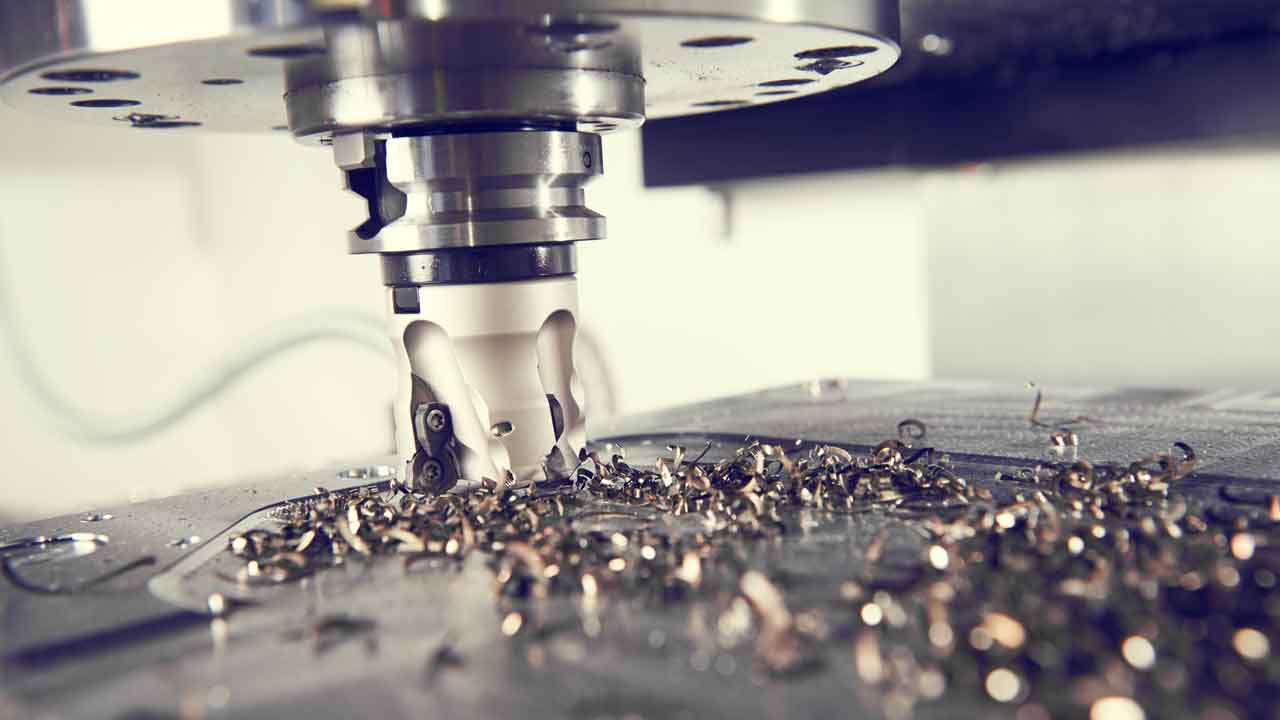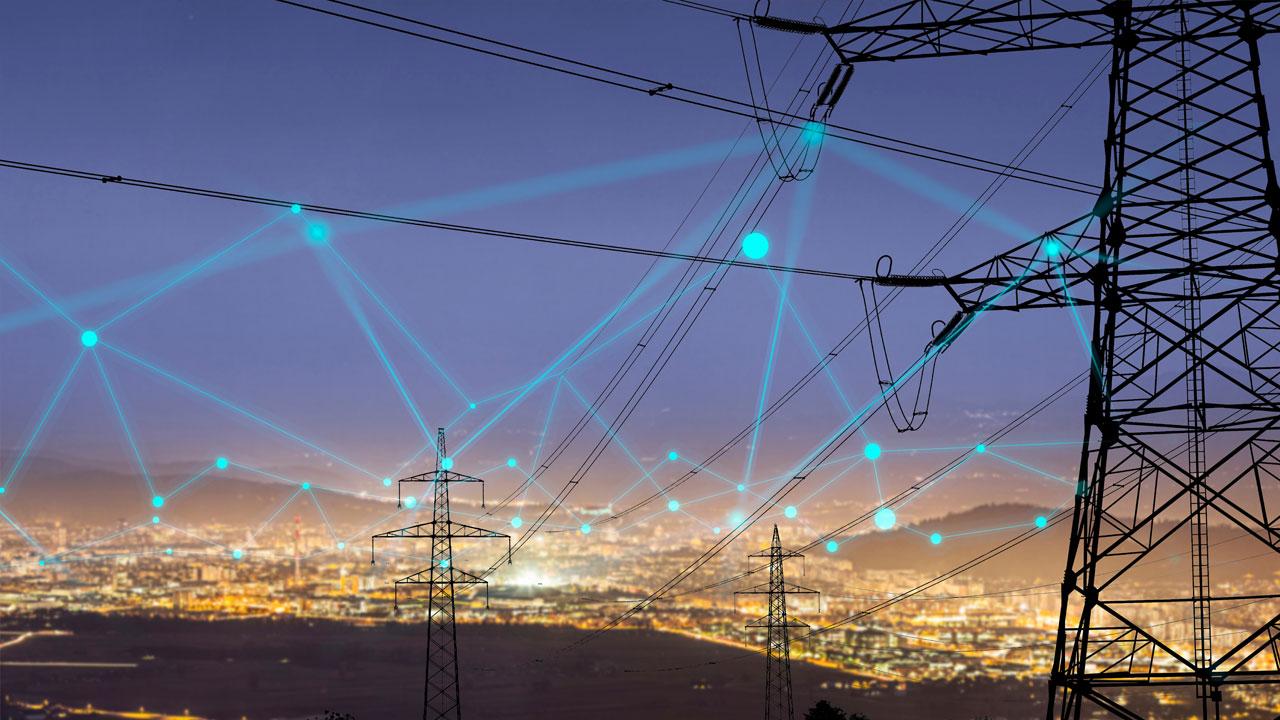Financing Specialized Machinery Acquisition
Automated machinery is vital to modern manufacturing businesses, but the process of acquiring it can often seem difficult and expensive. In this article, we discuss what needs to be considered when purchasing or leasing specialized manufacturing equipment.

There’s no doubting that the increased presence of automation has been a significant positive for the manufacturing sector. Today’s machines are more effective, more efficient, and more productive than ever before, and offer a wide variety of features that allow nearly any task to be streamlined. Advanced manufacturing technology comes at a price, though, and leasing or purchasing expensive, specialized machinery without a rigid understanding of how to pay for it can have disastrous results, especially for newly-established businesses. Let’s look into the ways that a company can acquire machinery with an eye for financial responsibility, and examine how certain acquisition strategies are better-suited to different kinds of organizations.
When determining how to finance a machine, contextual awareness is key. What is the current size of your business? Do you have a growth strategy? If leasing, can you afford to make continuous payments with tax on a regular basis? Consider also the age of your organization. Are you looking to build up a collection of assets early on in your business’s life for rapid expansion? If so, purchasing a machine may be preferable to leasing. The value of specialized machinery is extremely high, even when purchased with debt, and the benefit it can have on your company’s first few years of operation may provide a significant advantage over your competitors. Be sure to keep the “soft costs” of machine acquisition — freight bills, installation prices, operating expenses — in mind, as well. As with all major financial decisions, your business’s accounting team should be heavily involved when determining how to pay for specialized machinery.
Unless your business has the resources necessary to acquire specialized machinery on its own, you’ll need to partner with an external financial institution to fund acquisition activities. There are three types of lenders in machine acquisition: “Schedule A” lenders, which constitute Canada’s major national banks, non-major financial institutions, and specialized lenders. Schedule A lenders typically present the lowest risk, lowest price, and greatest certainty of capital when providing loans, but offer the least amount of repayment flexibility and maintain an extensive set of guidelines. Smaller financial institutions allow for slightly more repayment flexibility than major banks, but have higher prices, higher risk, and lower certainty of capital than Schedule A lenders. Specialized lenders have a strong understanding of manufacturers’ needs. These lenders are the most likely to offer tailored support, high repayment flexibility, and reselling services to manufacturers, but charge the highest prices of any lending body with the longest repayment periods. When determining the right lender for your business’s machinery acquisition needs, keep in mind your company’s risk profile, projected revenue, and future expansion plans.
Specialized machinery acquisition, while crucial for continued relevance in the modern manufacturing landscape, is an expensive, time-consuming process, and should be treated as such to prevent unnecessary loss. Before making any commitments towards the acquisition of specialized machinery, ensure that you have a strong understanding of your business’s goals, a high level of contextual awareness for its current state, and the approval of your organization’s financial advisors.nvm
For future discussions on the topic of equipment and machinery acquisition options, contact David Munro, EMC’s Manufacturing Consortium Manager for Western Canada. Attend EMC events frequently for knowledge and expertise specialized to the Canadian manufacturing sector.





